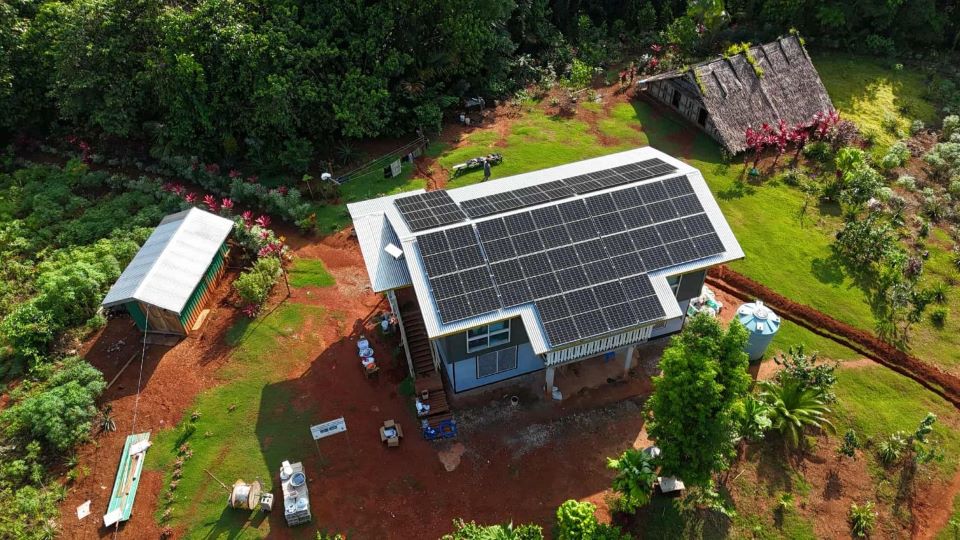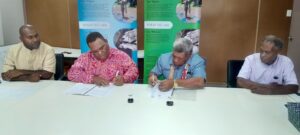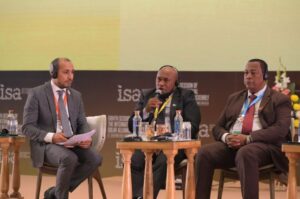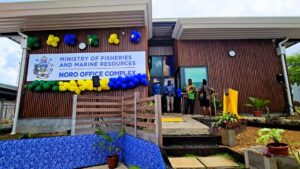More than 1,200 women, men and children in the remote community of Takataka in East ’Are’Are, Malaita Province, can now access clean, reliable solar power through the Solomon Islands-Australia Partnership.
Delivered by local company Superfly, a new solar hub system at the Takataka Cultural Centre is powering community facilities, digital learning spaces and small businesses.
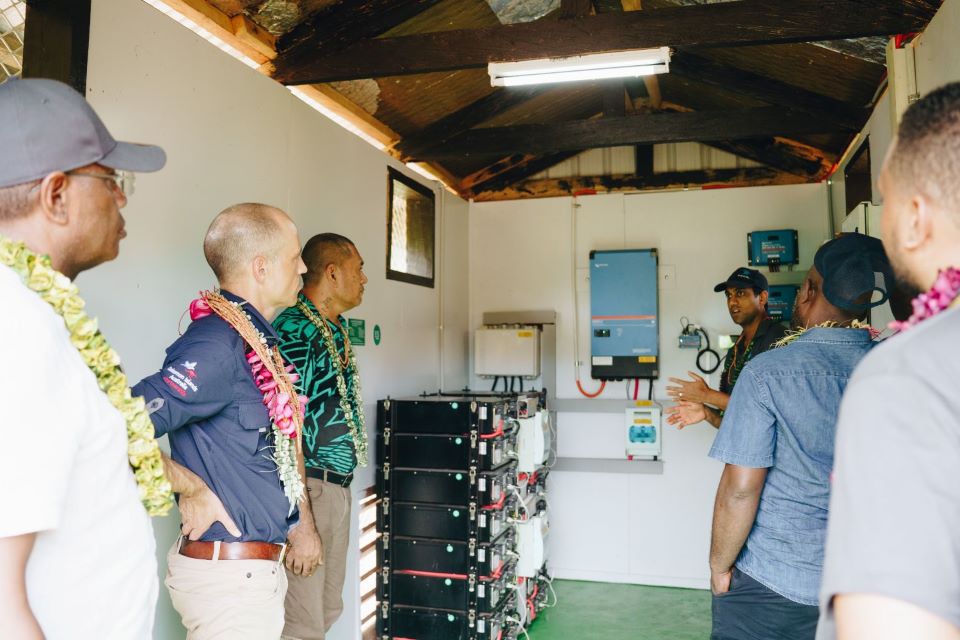
The hub-and-spokes model will see the Cultural Centre provide mains-quality power to hundreds of households through the sale of affordable, pay-as-you-go solar kits.
The solar hub system also powers a computer lab and Starlink internet for digital learning, an electric boat for clean transport between villages and conservation sites, and new equipment such as an electric food dehydrator and chest freezers to help families preserve produce and improve food security.
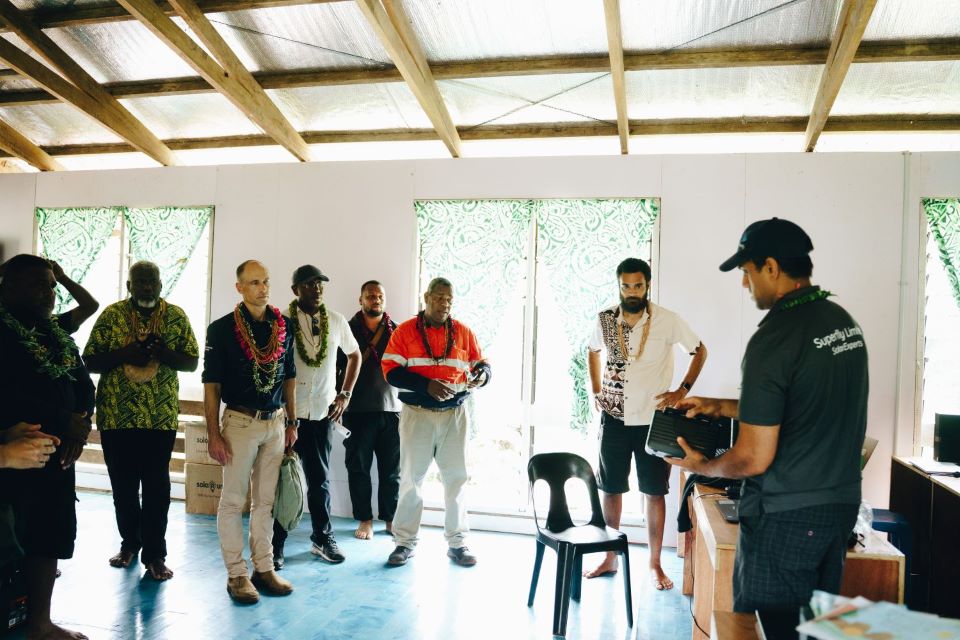
The upgrades are expected to save 6,000 litres of fuel per year and avoid 24.5 tonnes of CO₂ emissions.
Speaking at the launch event held in Takataka, Acting Australian High Commissioner Andrew Schloeffel highlighted the transformative potential of innovative energy solutions like this one.
“There’s no challenge that local communities can’t overcome if they’re given the right support,” Mr Schloeffel said. “This solar hub system will open up economic opportunities and improve quality of life – all while being delivered and managed by local businesses and organisations.”
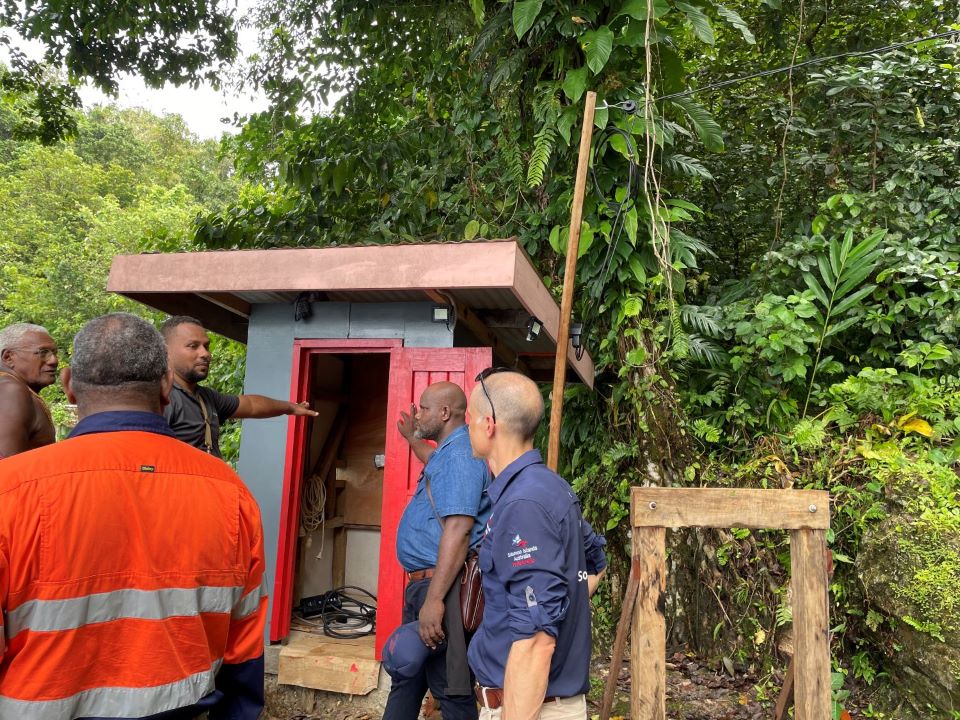
Supervising Minister of Mines, Energy and Rural Electrification, the Honourable Daniel Waneroa, commended the project’s alignment to the Government of National Unity and Transformation’s objective of expanding energy access to remote and rural communities.
“This model of rural electrification can be replicated across other communities in Solomon Islands and contribute to our goal of increasing renewable energy, said Supervising Minister Waneroa.
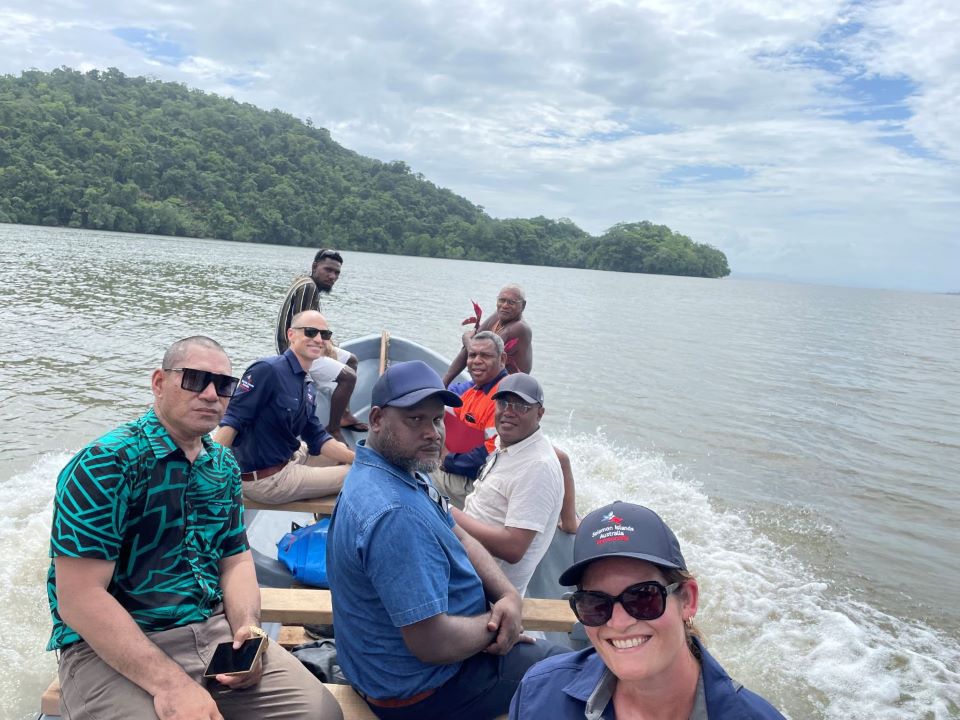
Mr Gavin Pereira, Managing Director of Superfly, said: “The people of Takataka and our partners in Australia have worked side-by-side to make this project a success. It shows how local knowledge and community leadership, supported through partnership, can bring clean energy and real opportunities to remote areas.”
The project was supported through the Pacific Climate Infrastructure Financing Partnership, a SBD1.92 billion Australian Government initiative delivered by the Australian Infrastructure Financing Facility for the Pacific.
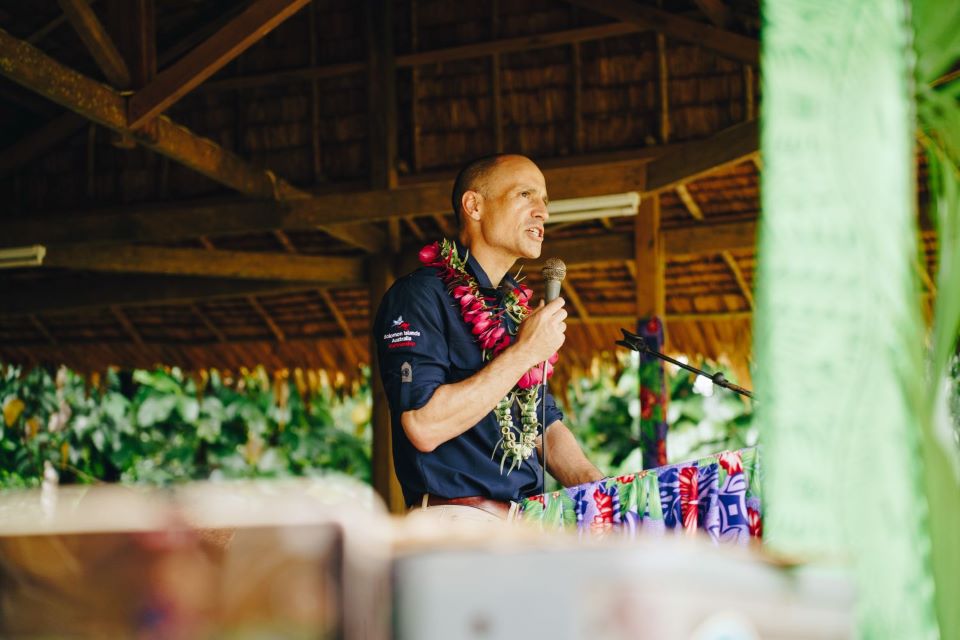
Source: Australian High Commission, Solomon Islands

